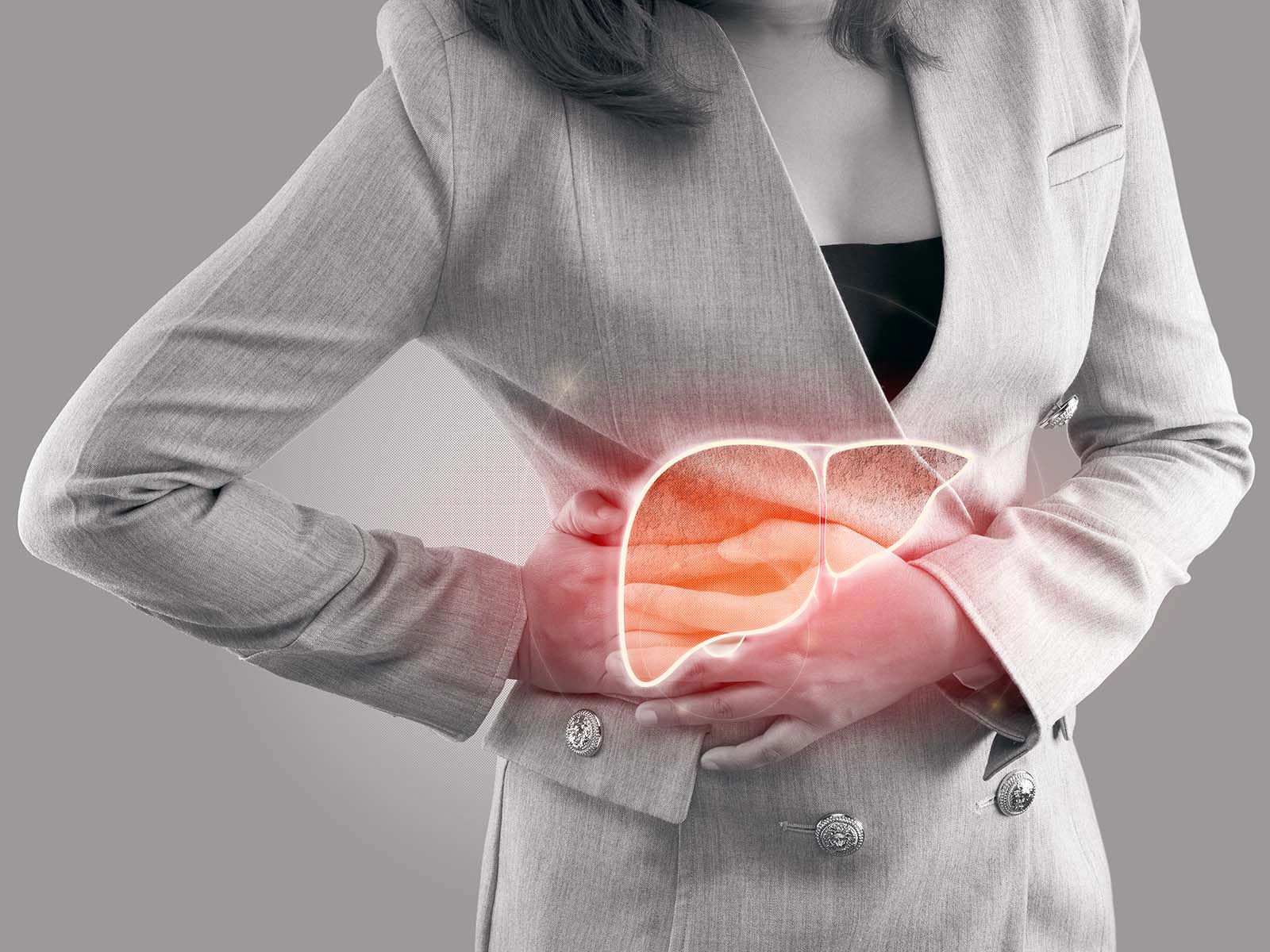
Choledocholithiasis occurs when the presence of the stones blocks the flow of the bile in the common bile duct causing the failure to pass bile in the liver and gallbladder. Such blockage can cause pain, infection and pancreatitis among others. The ICD-10 code of choledocholithiasis without inflammation is K80.5. At this point we are at GastroDoxs in Houston which deals with diagnosing, treating and follow up of this disease.
The symptoms are likely to come suddenly and they might consist of:
This is largely attributed by the existence of stones in the gallbladder that spread to the bile duct. Other risk factors include:
One cannot wait and see when symptoms deteriorate. To make your appointment at Call GastroDoxs in Houston, you can call the 832-476-1649 phone. You will have to go through all that you want us to do, to make you feel relieved with choledocholithiasis and to help you be on course again in the path of living well.
We've successfully treated more than 265 patients, helping individuals improve their digestive health and overall well-being through expert, personalized care.
With over 20 years of experience, GastroDoxs has been a trusted provider of gastroenterology care, focusing on delivering the best outcomes for patients
The K80.5 is the chief ICD-10 code of choledocholithiasis without inflammation. Should there be any associated bile duct infection (cholangitis) you may take the codes in the range of the K80.6.
Diagnosis is normally done by a blood test to measure liver enzymes, an abdominal ultrasound and more complicated tests such as MRCP (Magnetic Resonance Cholangiopancreatography) or ERCP (Endoscopic Retrograde Cholangiopancreatography) to visualize and confirm bile duct stones.
The small bile duct stones can at times pass through the intestine without taking any treatment, however, most of them have to be eliminated by use of either ERCP or surgery to prevent complications like infection or pancreatitis.
The primary risk factors are the history of the presence of stone in the gallbladder, rapid weight loss or yoyo dieting, liver disease such as cirrhosis, gender (female) and age (above 40).
Yes. Uncomplicated stones use K80.5. In case of ascending cholangitis or other complications, the code of 90.6 would be used to show that the ducts have become infected or inflamed.
Immediately consult the doctor when experiencing high fever with chills, pains in the upper right abdomen, increased jaundice (yellowing of the skin or eyes), persistent vomiting or signs of systemic infection.
Most of the patients are restored to their normal after one to two days of ERCP. One week is normally required to recover fully and to then take away any traces of slight abdominal discomfort.
Even though drugs are adequate to treat pain and infection, dumping of real stones, is normally done through ERP. In some exceptional cases where ERCP is not possible, surgery can also be performed.
In order to book an appointment at GastroDoxs Houston, one can call our office or come to our site. Our gastroenterologists are board-certified and have been in the treatment of the bile duct stones over the years.
No further operation may be required in case ERCP succeeds in clearing duct. However, once again, the stones which could recur in your history of either the same or previous history of gallbladder disease may lead your doctor to suggest to you that the gallbladder should be removed laparoscopically in the future.